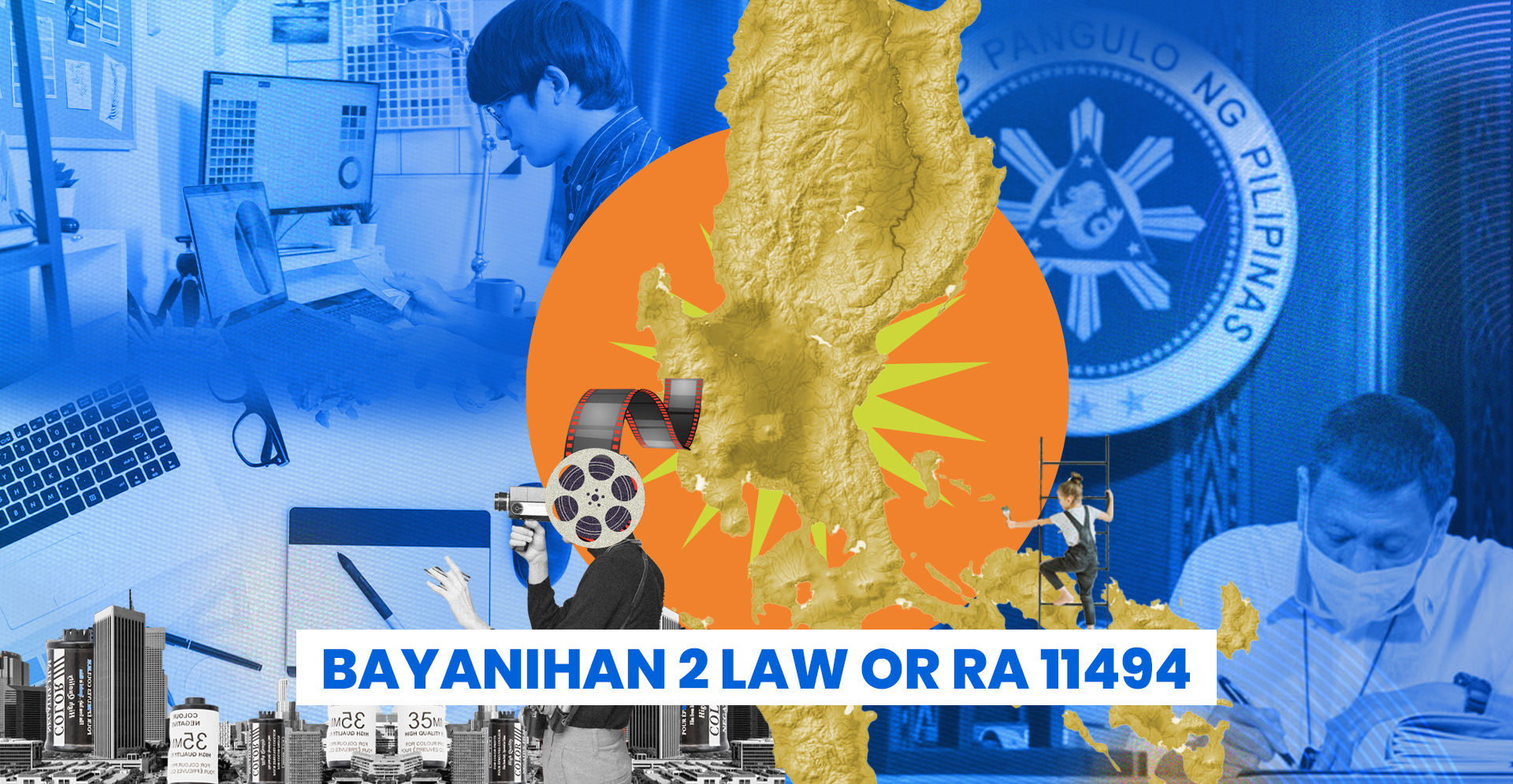Inclusion of Freelancers as Targeted Beneficiaries in the Bayanihan 2 Law or RA 11494
The COVID-19 pandemic profoundly reshaped the Philippine labor landscape, exposing and exacerbating the vulnerabilities within its burgeoning gig economy. With the millions facing job losses and reduced income, particularly in high-contact and informal sectors, the crisis necessitated swift governmental intervention. Amidst this disruption, freelancing and online-related occupations experienced exponential growth, becoming an increasingly attractive and practical alternative for many seeking flexibility and a means of livelihood from home, as evidenced by a dramatic surge in online business registrations from 1,700 in Q1 2020 to 88,000 by year-end.
Recognizing this significant shift, Republic Act 11494, or the "Bayanihan to Recover as One Act" (Bayanihan 2), was enacted with a P165.5 billion fund to spur recovery and mitigate socio-economic impact. Crucially, Bayanihan included "freelancers" and "self-employed" individuals as targeted beneficiaries for emergency subsidies ranging from Php 5,000 to Php 8,000, extending support to those in creative industries, culture and arts, and other affected sectors. This direct policy acknowledgment of the gig economy workforce marked a profound adaptation in social protection, moving beyond traditional employment models to encompass a growing segment of the labor force previously underserved by formal safety nets.
A pivotal figure in championing the welfare of this evolving workforce is Congressman Christopher "Toff" V.P. de Venecia, a dedicated advocate for the Philippine creative industries. Drawing from his extensive background as an actor, director, writer, and cultural entrepreneur, Congressman De Venecia has consistently pushed for legislative measures that recognize and empower creatives. His principal authorship of Republic Act 11904, the Philippine Creative Industries Development Act, underscores his vision to position the Philippines as ASEAN's leading creative hub.
This sustained advocacy for the creative sector created a receptive legislative environment, which proved instrumental in facilitating the explicit inclusion of freelancers within Bayanihan 2's beneficiary provisions. Beyond immediate crisis response, Congressman De Venecia is also a co-author of the proposed Freelance Workers Protection Act (House Bill No. 8817), which has been approved on its third reading by the House of Representatives. This bill aims to provide comprehensive, long-term protections for freelancers—a group estimated to comprise approximately 2% of the Philippine population—by mandating written contracts, ensuring night shift differential and hazard pay, and establishing penalties for late or non-payment of compensation.
The combined impact of Bayanihan 2's immediate relief and Congressman De Venecia's enduring legislative efforts represents a dual approach to fostering economic inclusivity and bolstering the resilience of the Philippine freelance sector. While Bayanihan 2 provided an essential, albeit temporary, financial lifeline during an unprecedented crisis, demonstrating a crucial government recognition of the informal sector's needs, the ongoing push for comprehensive legislation like the Freelance Workers Protection Act signifies a strategic pivot towards structural reform.
This proactive legislative agenda aims to formalize and secure the working conditions for freelancers by addressing systemic issues such as lack of contract enforcement, delayed payments, and absence of benefits, challenges that existed before the pandemic but were significantly amplified by it. The synergy between reactive crisis intervention and proactive policy development highlights how the pandemic served as a catalyst, accelerating the institutionalization of protections for a vital and expanding segment of the workforce. This evolving policy landscape reflects a broadening understanding of the "worker" in the Philippine context, moving beyond traditional employer-employee relationships to formally support and integrate flexible work arrangements into the national economic fabric, thereby ensuring dignity, hope, and livelihood for all Filipinos in the long term.
